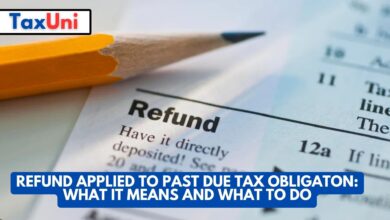Kansas State Income Tax
Kansas income taxes are a graduated system, meaning the tax rate you pay depends on your taxable income.

Contents
The Kansas State Income Tax brackets are progressive, meaning that the tax burden rises as your income increases. The state income tax rates and brackets were last changed three years ago for the 2020 tax year. The brackets apply to single, married filing separately, head of household, and married filing jointly filers. The state income tax in Kansas is progressive, with rates ranging from 3.10% to 5.70%, depending on your taxable income and filing status. The highest rate is for married couples filing jointly. Localities may impose additional taxes on interest, dividends, and securities earnings. The applicable rate depends on your filing status and taxable income:
- Single, Married Filing Separately, Head of Household:3.10% on the first $15,000 of taxable income
- 5.25% on the next $15,000 of taxable income
- 5.70% on all income above $30,000
- Married Filing Jointly:3.10% on the first $30,000 of taxable income
- 5.25% on the next $30,000 of taxable income
- 5.70% on all income above $60,000
You can file your Kansas income tax return electronically or by mail. The Kansas Department of Revenue website has a free online filing option called KS WebFile. The deadline to file your Kansas income tax return is April 15th. However, you can request an extension to file until October 15th. You can also use a Kansas Income Tax Calculator for your calculations. A Kansas State Income Tax Calculator is an online tool that helps you estimate how much you owe in state income taxes based on your specific circumstances
Kansas Department of Revenue website: https://www.ksrevenue.gov/
Kansas State Income Tax Filing Requirements
You must file a Kansas income tax return if you meet any of the following criteria:
- You had taxable income in Kansas of $12,950 or more if single, or $25,900 or more if married, filing jointly
- You were self-employed and had net earnings from self-employment of $400 or more
- You had federal income tax withheld from your wages.

How to File Kansas Income Tax?
The main Kansas State Income Tax form is the K-40, officially titled the Individual Income Tax Return. It’s used to report your income, deductions, and credits for the tax year and determine your tax liability. Before you start filling out the K-40, make sure you have all the necessary documents, such as:
- W-2s from all your employers
- 1099s for any other income you received, such as interest, dividends, and unemployment benefits
- Receipts for any deductions you plan to claim, such as mortgage interest, charitable contributions, and medical expenses
- Copy of your prior year’s tax return (optional, but helpful as a reference)
The deadline to file your Kansas income tax return is April 15th of the following year. However, you can request an extension to file until October 15th by filing Form K-220.
Tax Deductions in Kansas
A number of deductions are available to residents of Kansas. These include the standard deduction of $3,000 or $700 for those who file as single or heads of household and a higher standard deduction for those age 65 or older. Kansas also allows you to deduct the portion of eligible medical expenses that exceed 7.5% of your federal adjusted gross income (AGI). In addition, the state allows you to deduct any property taxes you paid on your home or business and charitable donations that are within IRS guidelines. However, political contributions and dues to fraternal orders are not deductible.





